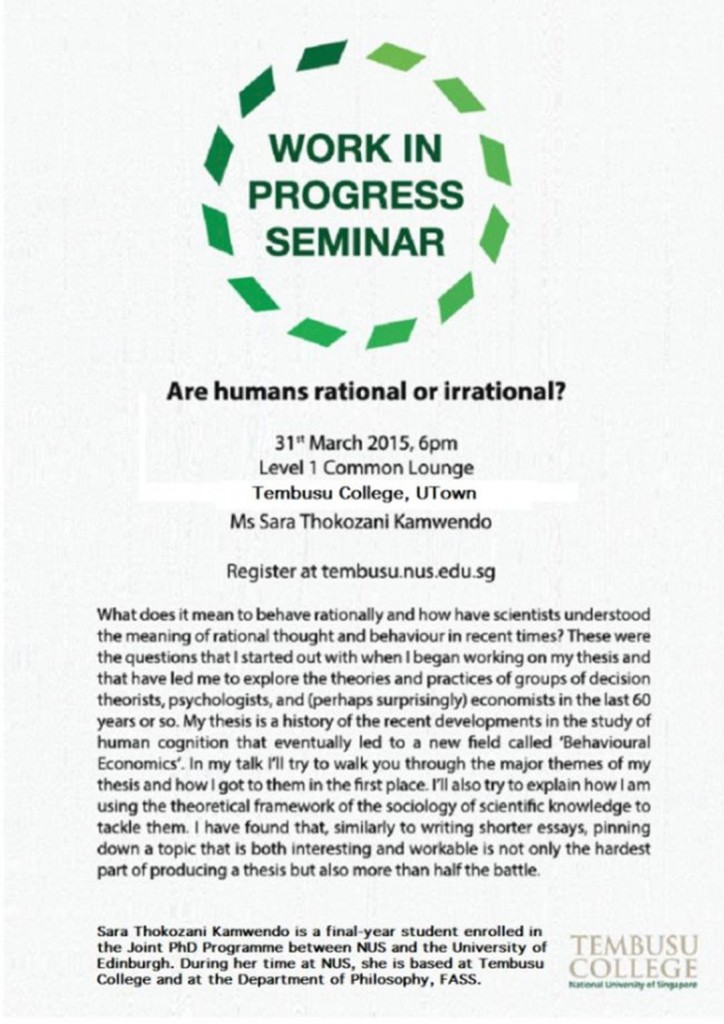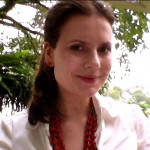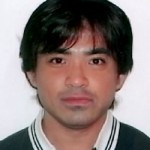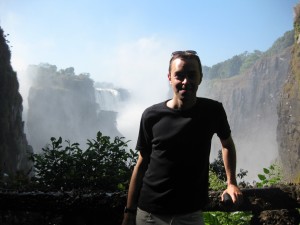In philosophy, the problem of appearance and reality is the problem of saying why the appearance of an object to us gives us information about the way the object really is, even though the same object appears different to different people at different times. A parallel can be drawn between that problem and a hotly debated topic in neuroscience, about which features of neural activities inside the brain (the “appearances”) carry information about the external world (the “reality”). The problem of explicating a semantic notion of “carrying information” has also been tackled by philosophers in the past (Fred Dretske, Denny Stampe, Jerry Fodor, and more recently, Brian Skyrms, 2010, Signals). This talk will argue that the general approach to this problem taken by neuroscientists and these philosophers is fundamentally wrong. The argument is premised on recent work on causality known as Bayesian causal networks (e.g., Judea Pearl, 2000, 2009). Once neural networks are re-described as Bayes nets, there is a sharp distinction between internal probabilistic dependencies that can be explained by internal causal connections and those that cannot. Only those that cannot be explained internally carry information about the external world. The talk will end with a discussion about how this version of naturalistic semantics, Wisconsin style, bears on the philosophical problem of appearance and reality.
Philosophy Department Seminar
Date: Thursday, 14 Aug 2014
Time: 3.30pm – 5.30pm
Venue: AS3 #05-23
Speaker: Malcolm Forster, University of Wisconsin at Madison
Moderator: Dr. Tang Weng Hong
About the Speaker:
 Professor Malcolm R. Forster is Professor of Philosophy, University of Wisconsin at Madison. His research has focused on issues in the methodology of science, particularly the role of simplicity and unification in confirmation and in statistics, as well as William Whewell’s methodology of science applied to planetary astronomy (the latest publication being M. Forster (2011) “The Debate between Whewell and Mill on the Nature of Scientific Induction”, in Stephan Hartmann (ed.), The Handbook of the History of Logic, Volume 10: Inductive Logic (Elsevier Science, pp. 91-113.). In 2010, he also applied Whewell’s consilience of inductions to quantum physics (“The Miraculous Consilience of Quantum Mechanics”, in Ellery Eells and James Fetzer (eds.), 2010, Probability and Science), and he is now expanding and developing an earlier project applying the method of Bayes Causal Nets to understanding various results in the foundations of quantum mechanics.
Professor Malcolm R. Forster is Professor of Philosophy, University of Wisconsin at Madison. His research has focused on issues in the methodology of science, particularly the role of simplicity and unification in confirmation and in statistics, as well as William Whewell’s methodology of science applied to planetary astronomy (the latest publication being M. Forster (2011) “The Debate between Whewell and Mill on the Nature of Scientific Induction”, in Stephan Hartmann (ed.), The Handbook of the History of Logic, Volume 10: Inductive Logic (Elsevier Science, pp. 91-113.). In 2010, he also applied Whewell’s consilience of inductions to quantum physics (“The Miraculous Consilience of Quantum Mechanics”, in Ellery Eells and James Fetzer (eds.), 2010, Probability and Science), and he is now expanding and developing an earlier project applying the method of Bayes Causal Nets to understanding various results in the foundations of quantum mechanics.






 About the speaker: Grant Fisher is Associate Professor of Philosophy of Science and an Affiliate Professor in the Graduate School of Science and Technology Policy at the Korea Advanced Institute of Science and Technology, Daejeon, South Korea. His research interests include philosophy of scientific practice, models, history and philosophy of chemistry and socially relevant philosophy of science. He has worked at the Universities of Leeds, Durham, the Bosphorus University in Istanbul, and was a Research Fellow at University College London.
About the speaker: Grant Fisher is Associate Professor of Philosophy of Science and an Affiliate Professor in the Graduate School of Science and Technology Policy at the Korea Advanced Institute of Science and Technology, Daejeon, South Korea. His research interests include philosophy of scientific practice, models, history and philosophy of chemistry and socially relevant philosophy of science. He has worked at the Universities of Leeds, Durham, the Bosphorus University in Istanbul, and was a Research Fellow at University College London.


